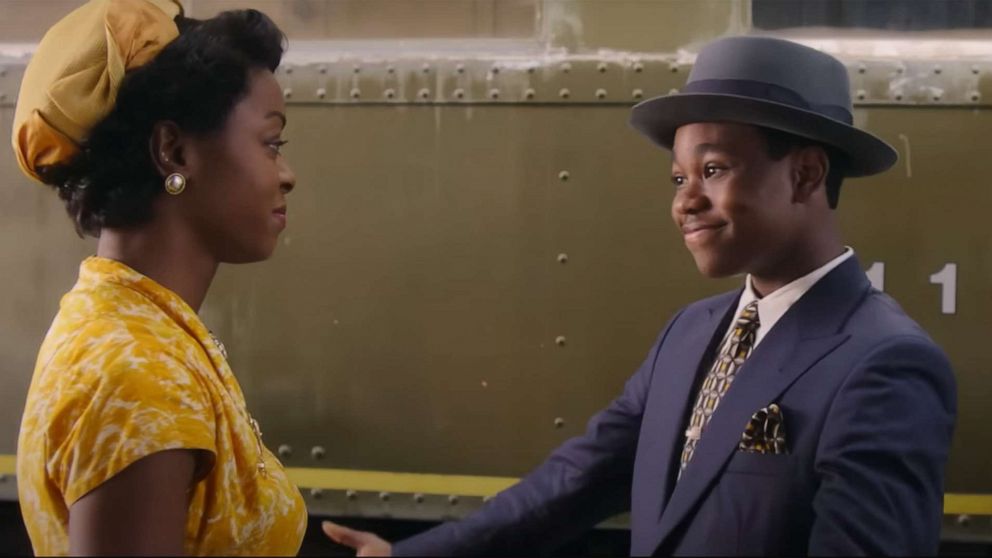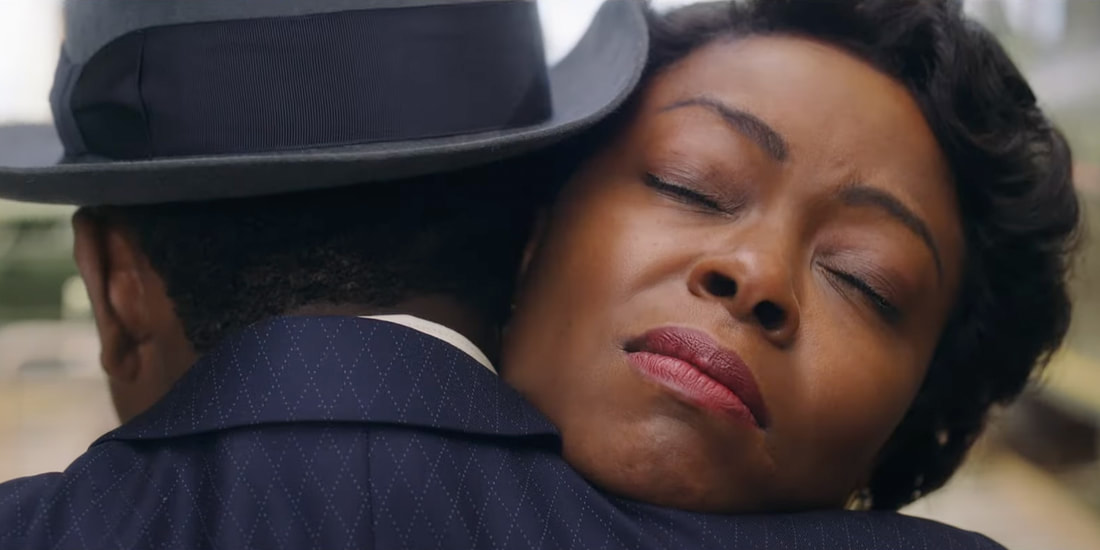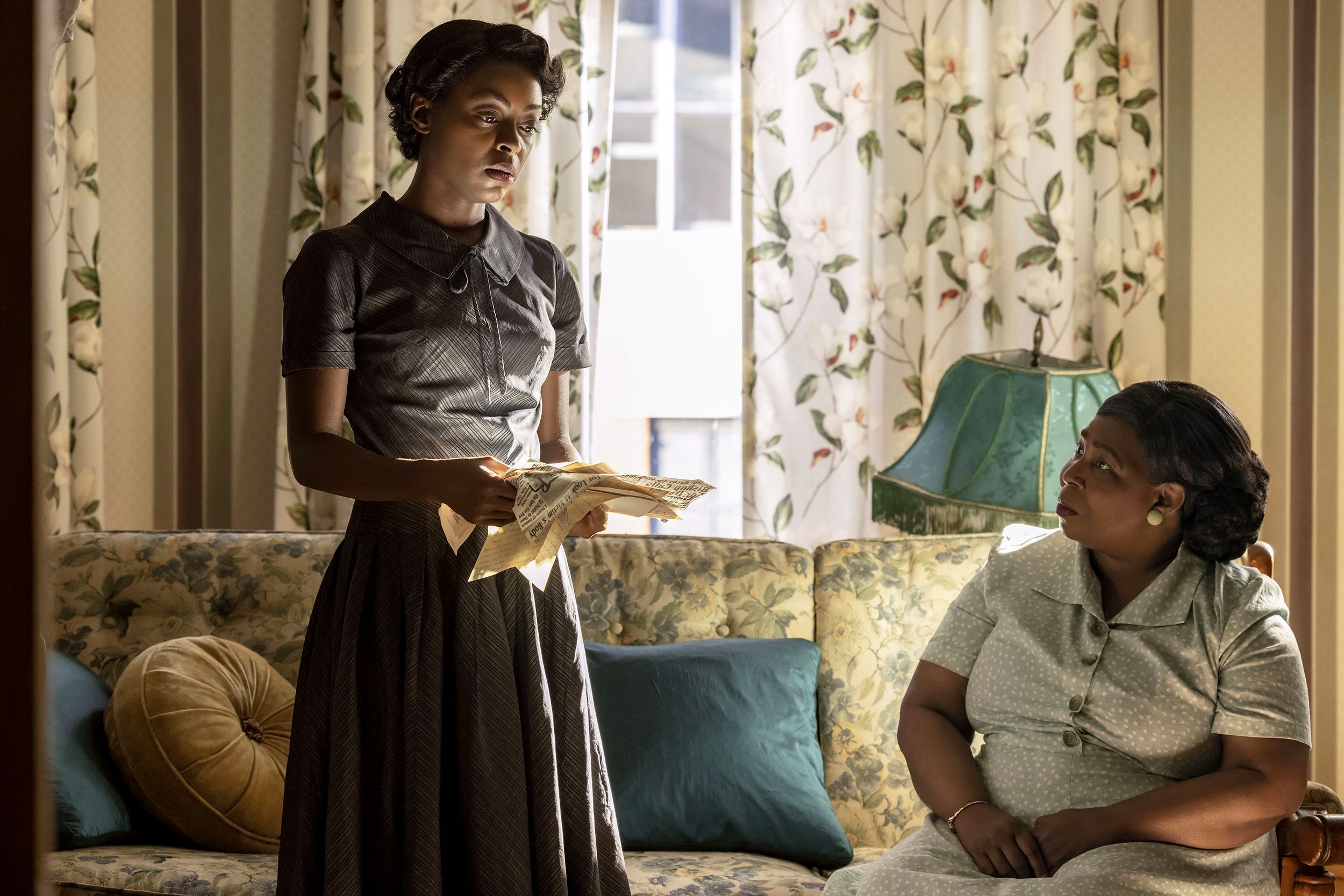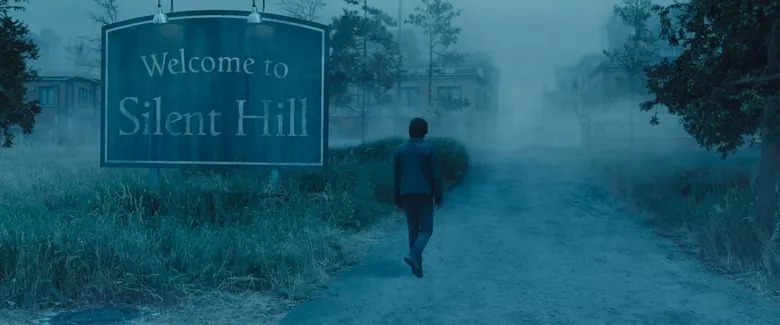Although it has all the markings of being a routine message Oscar bait movie, Till is one of the most notable social justice films to be released as of late. A tragic and galvanizing chronicle of injustice and racism that laid the foundation for the Civil Rights movement out of a tragic murder case, the gripping biographical courtroom drama is accompanied by wrenching performances, along with a commanding visual style, and conveyed with a timeless and timely message about justice and combating hatred. Just like her debut film Clemency, Nigerian born filmmaker Chinonye Chukwu’s sophomore feature is a reserved, emotionally charged powerhouse that will certainly gain some Oscar traction at next year’s Academy Awards, especially with the film’s lead Danielle Deadwyler, who plays Mamie Till, the mourning mother of Emmett Till, an innocent 14-year old boy who was brutally lynched and murdered by white supremacists for flirting with a white woman at a grocery store while visiting his cousins in Money, Mississippi circa 1955. It would be shocking if Deadwyler didn’t secure an Oscar nomination for her fully realized performance.
Chukwu’s direction should also be embraced here. She elevates what would have been overly sentimental or manipulative and elevates the traumatic historical event to a raw and genuinely human story about motherhood and a moral expose. Empowering and powerfully moving in the tradition of other American sagas about racial injustice, the film should be embraced for Chukwu using a more measured and more meditative approach where it’s always moving but doesn’t reach out for cloying sentimentality or simple redemption that would showcase simplistic solutions that we have been accustomed to. The film dives deep into Mamie Till’s anguish and anxiety. There isn’t a single wasted or forced emotion in this film; every interaction she has is layered with emotional depth and dignity.
Due to mostly white wishing of history, or not being taught enough in school, I was surprised to hear at a wedding I attended over the weekend before this screening just how many guests had little to no knowledge of Emmett Till. While it happened so long ago, Emmett would have been 81 years old if he had lived today. One would hope we have progressed from racial murders, but today in 2022 we sadly see the murders of innocent Black boys and young men still rage on. Hopefully, Chukwu’s film will put this essential story back into the history books, and in a better world, a film like this would be screened in civics and history classes.
After a decade of shorts and indie dramas, Till marks Chukwu’s first tip into more commercial care. It’s a message-driven film historical saga in the vein of Selma and Hidden Figures. While the film doesn’t quite qualify as a biopic, Chukwu’s poignant original screenplay, focuses mainly on the final days of Emmett Till, the aftermath and grief, the courtroom drama, and how Emmett’s murder planted the seeds for the earliest origins of the Civil Rights movement. The film is still a powerful tribute to Mamie Till and how her persistence and activism laid the groundwork for a call to action. Just this year, Congress and President Biden signed the “Emmett Till Anti lynching Act” for the first time, making lynching a federal hate crime, a law that would have brought Emmett Till’s family and many other innocent black men greater justice than the bias courtrooms and cruel criminal justice systems that have stood in the way of justice over the years.
The tragic saga begins in Chicago, the hometown of Mamie and her 14-year-old son Emmett (Jalyn Hall). They both have a strong bond together; Emmett is filled with wit and spirit. He often likes to exchange jokes and has a mature demeanor about him. Emmett often visits his grandmother, Alma (Whoopi Goldberg), who encourages Emmett to go on a two-week trip to visit his cousins and Uncle Moses (John Douglas Thompson) in Mississippi to see where his roots are. Mami is initially hesitant to send her only child to a Jim Crowe-ruled state that isn’t particularly welcoming to black people. Both Alma and Emmett persuade her as her intuition is infused with concern. The opening act builds up the tenderness and bond between Emmett and Mamie quite well, making the tragedy even more devastating as it unfolds. During the opening act, we see the encounter between Emmett Till and Carolyn Bryant (Haley Bennett)—the white woman who instigated the murder of Emmett Till after he flirted with her in the town’s small grocery store, whose customer base was mostly black patrons.
While the film starts off with a very standard set up that uses basic foreshadowing and is the most sentimental moment of the film, you can feel the film make a more reserved shift after Emmett is kidnapped. The film becomes more meditative and observational. In a very effective and dignified creative choice, Chukwu stages the tragedy off screen, the only reference to the murder is a wide shot of the barn where we hear Emmett shout for help. It’s a reserved approach that prevents the material from feeling sensationalized. The most powerful moment in the film is Mamie’s decision to leave her child’s casket open so the whole country and nation can see the gruesome details of the brutality her son endured. Her decision was met with controversy, but it did lead to national news attention and became a tragic part of US history due to the power of photography and the image of his brutalized body and mutilated face sent shockwaves through households. It brought an indictment on Emmett’s murder. The scene of Mamie seeing the body for the first time as the body is covered by lab carts in the foreground and how she carefully stages her reactions and eventually to the body is tastefully staged.
Another interesting creative decision by Chukwu is how little screen time the rigged and racist judge, jury, lawyers, law enforcement, and some of the defendants’ witnesses get. They are mostly just background characters, where Chukwu is more interested in displaying Mamie’s internal conflicts and trauma. Chukwu is a wise filmmaker who doesn’t want to manipulate or patronize the audience. Remarkably, this becomes a film about one woman’s quest for justice when she knows the odds are stacked against her with institutional racism, but it empowers her to embark on a long, uphill battle for social change. She ends up getting support from the NAACP and from civil rights leaders Dr. T. R. M. Howard (Roger Guenveur Smith) and Medgar Evers (Tosin Cole), a civil rights activist who was assassinated in Mississippi a few years later, and whose death was the subject of Rob Reiner’s 1996 biographical courtroom drama The Ghosts of Mississippi.
Some other strong aspects of Chukwu’s creative decisions are how little interested she is in scoring redemptive points like other films do in this terrain. In one powerful scene, Uncle Moses (John Douglas Thompson) confesses his guilt and Mami confronts his decision not to utilize his shotgun to protect Emmett when he feared for his own child. He rationalizes that he was outnumbered and worried for the safety of his own. We also have another powerful scene of Alma (Goldberg) breaking down in tears as she feels responsible for encouraging Emmett to go. Mammie mostly surveys and her exchanges are of very few words, though she does tell Moses that he was more concerned about protecting his children than his own. These scenes highlight a woman’s grief that was dictated by the decisions and conundrums of others, which went against her own cautionary plight that would have prevented Emmett from getting murdered.
While the film isn’t based on an autobiographical book, a novel, or any source material. The original screenplay is rich in history, accuracy, and perspective. As with Clemency, it may be more interested in exploring a particular trauma in the most powerfully moving, non-manipulative ways. While catharsis can be found, historically, Emmett is viewed as a martyr for racial hatred, but none of that can ever replace a woman losing a child, and the ongoing pain it always brought for Mamie. Today we see Emmett Till as a part of history and how his martyrdom led to desperately needed change, but Till views the tragedy at its core as a love story between a mother and her child that is suffocated by a world filled with hatred. Chukwu’s directs the film with a lot of impressive monologues mixed with many long takes and other visually arresting shots of Mamie in deep thought as the patiently observed camera by Chukwu and cinematographer Bobby Bukowski surveys her emotions with slow push-ins and beautifully framed tight close-ups. Above all is Danielle Deadwyler, who delivers such a mesmerizing, emotionally charged performance that will be celebrated for years to come.













I’m curious as to why it doesn’t qualify as a biopic? I also wonder if they consulted the very thorough book “The Blood of Emmett Till” or its author. I’m excited to see this film and I hope everyone sees it!
Looks like a really good movie
Framing the story of Emmett Till from his mom’s point of view seems like it will be especially gutwrenching to sit through. A parent losing a child, or vice versa, is a universal phenomenon, and something almost everyone can relate to. I hope that it contributes in some small way towards turning someone away from bigotry.
Sounds fantastic! Glad it mainly overcomes it’s Oscar bait vibes.
Great review and I’m very interested in this one!!
I like the story. This is history. I must say it could be more educational and a reminder of what happened in the past, we still face similar situations, but what’s importantly that this film has a great plot that good casting to being the story alive and that must be watched. Love is what we need in this world.
This is a movie I am looking forward to!
Solid review for such an important movie
I’m not usually that interested in biopics or similar films but I may check this one out eventually!
The review puts this on my watch list.
Great review, glad you liked the movie. It’s an important story to tell although I know it’ll be a tough watch.
I saw the film last night, and I must say I don’t remember shedding tears as much as I did after watching this film of wrenching social urgency. The lead performance by Danielle Deadwyler was extraordinary, and I agree she deserves an oscar nomination. The last scene, when she sees her murdered son in his animated bliss will surely make a stone cry. Beautiful orchestrated, deeply devasting work. Your superlative review nails it. At 4.5 of 5.0 I go a bit higher than your 3.0 of 4.0 but we are pretty much in tune here.
I agree with how it was visually something else. As I was watching it I thought oh man this has already set itself apart from every other movie I’ve seen this year let alone other features I’ve seen that also tackle historical racial movements and stamp marks in American history. I was actually shocked.
Also fascinated by how little we spent seeing footage of the whites living in Mississippi like youve mentioned. It really felt like every scene had mami or emmit in it.
Even the soon to be husband took a step to the side. I wouldnt call him a huge supporting cast. But he did have his moment to shine when he got passionate toward her leaving for money to go to the trial. He had a great performance there.
My partner and I absolutely love your blog and find almost all of your post’s to be exactly I’m looking for.
Does one offer guest writers to write content in your case?
I wouldn’t mind publishing a post or elaborating on a few of the subjects you write
concerning here. Again, awesome weblog!
Just saw it. This is well worth seeing